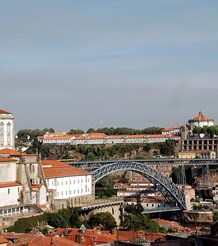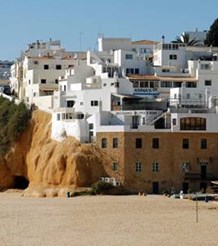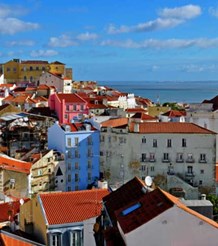
Taxation Issues to consider for expat Retirees in Portugal
If you are planning to retire to Portugal, there are a few things to consider with regard to taxation. Your tax advisor will be able to suggest how you can reduce your tax burden. Residents are taxed on their income, from salaries for example, and on capital gains, earnings from letting real estate and any other income they receive from abroad.
This means you will need to decide where to receive your pension and where to keep your savings, leave them at home or move them to Portugal? Any foreign earnings you receive may be covered by a tax treaty your home country has with Portugal and under that double tax treaty you should not have to pay tax at home and in Portugal.
Where you pay tax will depend on how long you stay in Portugal. Not every pensioner remains in Portugal for 365 days of the year. If you are resident for 182 days of the year or more, you will only be paying tax in Portugal as a tax resident.
Back in 2009 Portugal introduced the Non-Habitual Resident Scheme (NHR), which aims to attract foreign nationals to become part-time residents in Portugal. The scheme helps some foreign nationals to reduce their tax burden back at home. Any foreign national who has not been a Portuguese tax resident in the previous five years can benefit from the scheme for ten years. Successful applicants can enjoy a flat tax rate of 20% on their income, which can be as much as 48% without NHR status for some professionals.
For pensioners having NHR status means that it is possible to receive a foreign income in another country totally tax-free for a period of ten consecutive years. Potentially, this also includes rental income, capital gains on any real estate pensioners might own, interest earned on savings accounts and dividends paid out on shares owned back home.
Under NHR most UK pensions, which includes private pensions, the State Pension and company pensions, will not be taxed, although it should be noted that under the double tax treaty, Portugal has exclusive taxing rights. Once your application for NHR status has been approved, you can generally access your UK pensions without being taxed in either country, even if you take pension payments in a lump sum.
NHR-status holders also pay no gift tax, wealth tax or inheritance tax. If your home country is the United Kingdom, you must inform HMRC that you are no longer a tax resident in Britain. You must then register as a tax payer in Portugal. You can do this by completing a registration form, the "fiche de inscricao", which you can submit at your local tax office in Portugal. A tax advisor can help you complete the form.
Portugal's tax year follows the calendar year, ending on 31st December. All tax residents in Portugal must submit an annual income tax return in the year following their arrival. If you are a pensioner, this means reporting your pension income by 30th April. Not submitting your Portuguese tax return and tax payment on time can result in costly fines.






